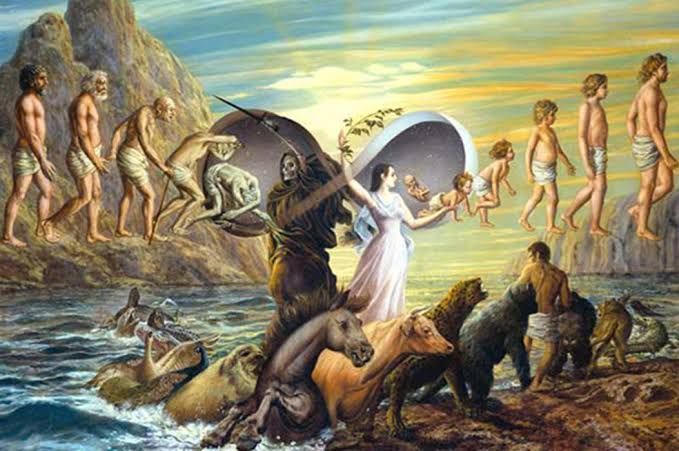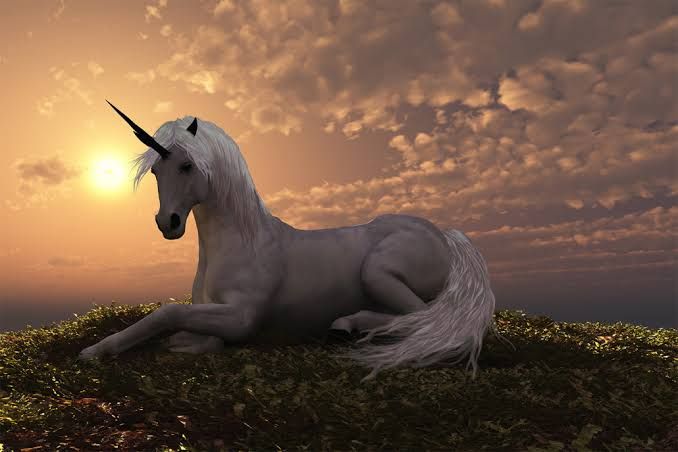Myths And Legends
Feb 13, 2019 • 11 views
There are many Myths and legends in the world and some are more common than others. Different people believe in different myths and legends. They are different myths and legends that correspond with different religions and countries. Myths can be a long story or a short story, some myths can be more interesting than others.
Mythology has been the source of literature for all people from all countries. Although every country has its form of mythological literature, Greek and Indian Mythologies are very famous for their social values and characteristic projections. The basic values of human-lives are exhibited by the characters of the mythology. From love of country, love of fellow human-beings, respecting others especially elders to keeping one’s promise, all the human values are highlighted by the characters living in the mythology.

The fame of the mythology can be contributed to its characterization of the people close to the real-life characters. What the real-life characters experiences in their day-to-day lives are experienced by the characters of the mythology. The closeness between the fiction and reality is the underlying factor for the popularity of the mythology. Indian Mythology is not so famous among the people living in the Western Countries where as the Greek Mythology is so famous all over the world that many people living in the third world countries have names their children after the names of the characters of Greek Mythology. The natures of many of the Greek characters are well known among the people all over the world. But this is not so in the case of Indian Mythology.
Although the Indian Mythology has been there for the longer period of time, its lackluster presentation is the main reason for its lack of popularity among the people around the world. The same types of characterizations which are found in the Greek Mythology are found in the Indian Mythology…in few cases in depth. All these popularity of Greek Mythology can be attributed to its spreading among the educated people.
The famous Gods exhibited in the GREEK MYTHOLOGY are Aphrodite, Apollo, Ares, Artemis, Athena, Demeter, Dionysus, Hades, Hephaestus, Hera, Hermes, Hestia, Poseidon and Zeus. Nemesis, Hemera, Thalassa, Thanatos, Tartarus, Gaia, Eros, Chaos and Ananke are also famous characters. For every event that comes across in our lives, there will be a character. God for Love, God for Birth, God for Bravery, God for Death, Gor for Power, God for Beauty and God for Creation are few of them. Mythology is a collection of myths especially one belonging to a particular religious or cultural tradition. Myths are traditional stories about gods and heroes. They often account for the basic aspects of existence — explaining, for instance, how the Earth was created, why people have to die or why the year is divided into seasons.
In closing, let it be said that to dismiss mythic truth as lies or primitive superstition or for being ahistorical, or for referring to things beyond the range of ordinary perception and experience is like criticizing the ocean for being salty or an abstract painting for not imitating nature.Myth has its own time, its own standards of evidence, and describes reality in its own symbolic and sometimes supernatural terms.Myth-tellers in all times and in all cultures have understood this and, whatever the sources of their inspiration, have given their imaginations wide pasture when dramatizing their cultures’ settled truths about origin and being, virtue and value, and custom and belief.In this, they reveal a deep insight into human nature.We are story-telling animals and we are far more likely to think and act in response to imaginatively compelling narratives than to logically consistent abstractions about the origins of the universe and the nature of being—no matter how elegantly expressed or brilliantly conceived such rational accounts might be.The Greek philosophers understood this well enough, even if they were squeamish about using “serviceable lies” to communicate their understanding of the truth.

Defining myth is difficult because the word can legitimately refer to so many things.Yet, as is true of any craft, sport, or branch of learning, genuine expertise comes with repeated practice.To genuinely understand what is meant by the word myth, one needs to acquaint oneself with its history and the range of meanings that have been assigned to it and then to test those ideas—over and over again—against actual examples.Doing this, you will soon develop a “feel” for what myth is; but you will also develop a more sophisticated vocabulary with which to discuss these fascinating stories and a well-furnished storehouse of examples to help you formulate your own definitions.
